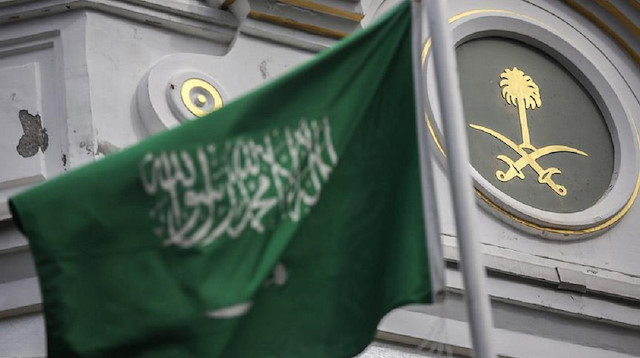
Kuwait said this month there was a "positive view to contain the Gulf crisis," and a source familiar with U.S. policy said diplomats were putting forward a plan on Qatar.
But neither side seems ready to cede ground.
Qatar's foreign ministry spokeswoman said last month that Khashoggi's death should serve as a "wake-up call". Qatar Airways Chief Executive Akbar al-Baker said on Tuesday he did not expect a thaw soon.
"I am very pessimistic about this. With the current (Saudi and UAE) leadership I don't see that there is any way that things may be loosened up," he told reporters. "The only face-saving way for them to get out is to apologise."
Abu Dhabi says the dispute is not a priority, according to three diplomats and other sources familiar with Gulf policy.
"The Qataris are raising the price for resolving the crisis," said one Western diplomat. "The Emiratis are happy to keep the Qataris isolated."
Qatar and UAE authorities did not respond to requests for comment.
Riyadh and Abu Dhabi continue to reassure Washington that the dispute will not deter the formation of a proposed Middle East security alliance, which would include Doha, diplomats said.
They said the UAE still strongly supports MbS against Iran and on his economic and social reforms, seen by Abu Dhabi as essential to replicating the UAE model of a business-friendly, tolerant Muslim society to combat extremism.
"The Emiratis see Saudi Arabia as the only choice to lead the region. They haven't blinked in their belief that Riyadh's reform plans are the best and only option," said Elizabeth Dickinson, Senior Analyst for the Arabian Peninsula at the International Crisis Group.






